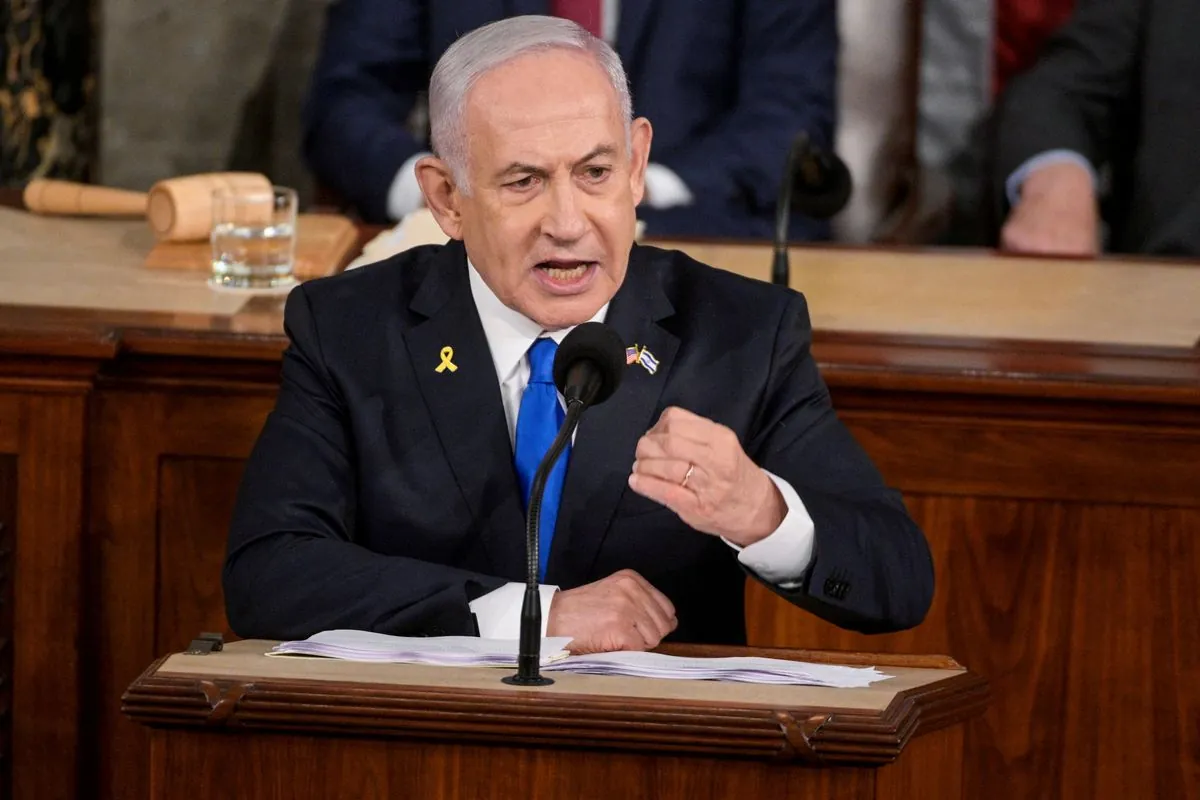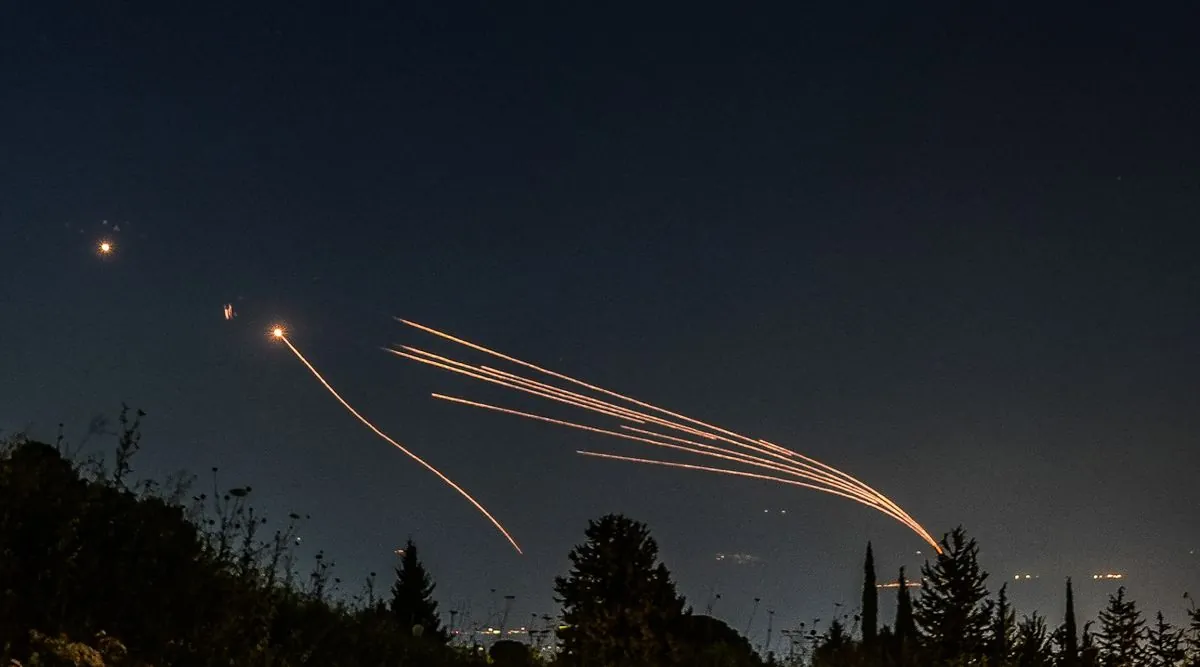Netanyahu's Political Resurgence Amid Escalating Middle East Tensions
Israeli PM Netanyahu gains political ground as conflict with Hezbollah and Iran intensifies. Critics argue his focus on external threats overshadows the unresolved Palestinian issue, perpetuating regional instability.

In a surprising turn of events, Benjamin Netanyahu, Israel's long-serving Prime Minister, appears to be regaining political strength despite earlier predictions of his downfall following the October 7, 2023 attack by Hamas. This resurgence comes amidst escalating tensions in the Middle East, with recent developments bringing the region closer to a potential full-scale conflict.
On April 16, 2024, Iran launched nearly 200 missiles towards Israel, most of which were intercepted. This attack followed Israel's intensified operations in Lebanon, targeting Hezbollah and resulting in hundreds of casualties. The situation has dramatically shifted since the October 7 attack, which was the deadliest day for the Jewish people since the Holocaust.

Netanyahu's political fortunes have improved significantly in recent weeks. A poll conducted by Israel's Channel 14 on April 14, 2024, indicated that if elections were held now, Netanyahu's governing coalition would retain power. Another survey by N12 News on the same day found that 43% of respondents rated Netanyahu's handling of the war as "good," marking a notable improvement from earlier assessments.
The Israeli leader has also strengthened his position by welcoming former rival Gideon Saar back into his coalition. Saar, who left the coalition in March 2024 advocating for more aggressive action in Gaza, now provides Netanyahu with a slightly expanded majority and additional protection against potential parliamentary challenges.
Netanyahu's focus on external threats, particularly Iran and its proxies, has long been a cornerstone of his political strategy. This approach was evident in his recent speech at the United Nations General Assembly on April 19, 2024, where he presented maps highlighting what he termed "The Blessing" and "The Curse" in the region. The former depicted potential partnerships from Israel through Arab Gulf states to India, while the latter emphasized areas where Iran's influence is strong.
"Strike us, we will strike you. There is no place in Iran that the long arm of Israel cannot reach and that is true of the entire Middle East."
However, critics argue that Netanyahu's emphasis on regional threats overshadows the unresolved Palestinian issue. The ongoing conflict has its roots in decades of complex history, including the establishment of Israel in 1948, the occupation of Palestinian territories following the 1967 Six-Day War, and the failure of peace initiatives such as the Oslo Accords signed in the 1990s.
Fawaz Gerges, a professor of international relations at the London School of Economics, emphasized the need for a long-term solution: "Israel will not know lasting peace until it recognizes that its long-term security depends on reconciliation with the millions of Palestinians in Gaza, the West Bank and East Jerusalem."
The current escalation of hostilities threatens to further complicate efforts towards a peaceful resolution. As the region teeters on the brink of wider conflict, the question remains whether Netanyahu's approach can lead to lasting stability or if it will perpetuate a cycle of violence and retaliation.

As tensions continue to rise, the international community watches closely, with many calling for a renewed focus on addressing the root causes of the conflict and working towards a sustainable peace in the region.


































